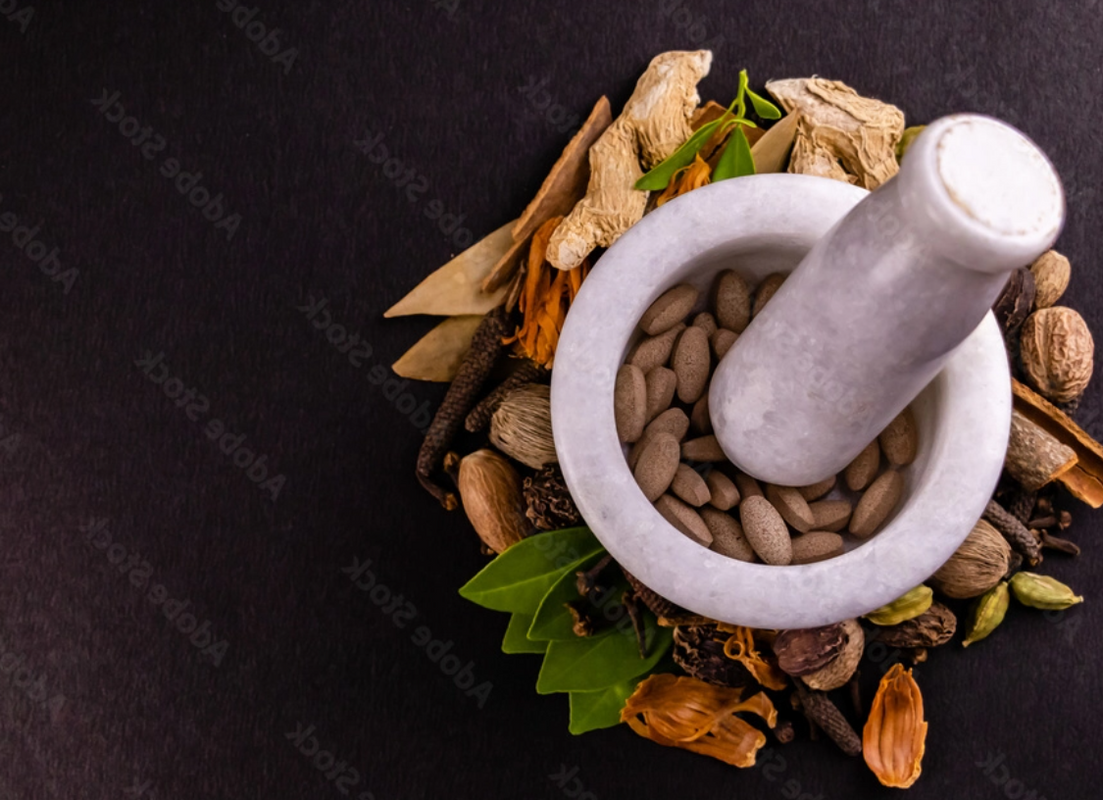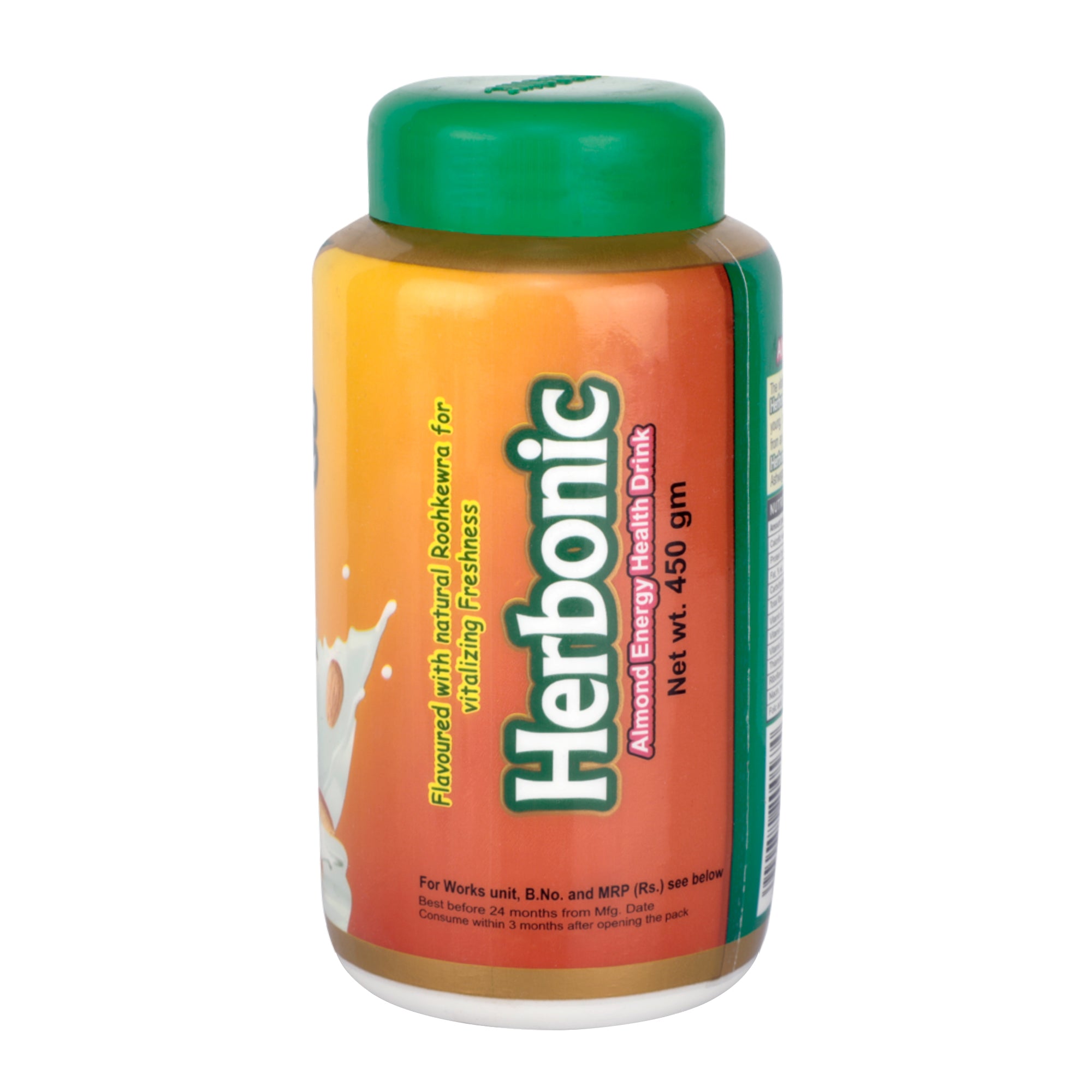5 Best Immunity Boosting Foods for Kids
Childhood is a phase of life in which the immune system of the human body is still developing. From the Ayurveda perspective, childhood is a Kapha phase of life. This is the time when a human faces Kapha disorders like coughs, colds, congestion, runny noses, and excess mucus more often than at any other phase of life. While such mild illnesses are just a part of growing up, it is extremely important in current times to support a child’s immunity as it serves an individual throughout their life. Studies have shown that young children are now more vulnerable to several health conditions owing to much of their lives spent under coronavirus restrictions. Regular intake of a variety of nutritious foods rich in vitamins and minerals helps boost a child’s immune health. To sort it out for you, here’s a list of the best immunity-boosting foods for kids that fortify a child’s immune system and are highly beneficial for their overall health in the longer run. The blog also highlights a few considerations, especially important for young children.
Immunity Boosting Foods for Kids
Zinc-Rich Foods
Zinc plays a key role in the development of a strong immune system in kids. It is found that low zinc levels in the body lead to reduced immune responses of the body. So, zinc-rich foods are one of the best immunity foods for kids. These include-
- Sesame seeds, beans, bajra, and Bengal gram.
- Nuts. Children can consume almonds daily. These are loaded with vitamin E, zinc, iron, and other essential nutrients that support immunity in children.
Rasayana
Many parents try to give immunity boosting Kadha to their children, especially when they fall ill during seasonal changes. They can also support his/her health and immunity over time by giving them a regular serving of Maharishi Amrit Kalash. This powerful Rasayana is 1000 times more potent than Vitamin C and E(antioxidants) which has a profound positive effect on their immunity and overall health. Enriched with the best Ayurvedic herbs for immunity, the Rasayana nourishes the dhatus (body tissues) at every level, promoting strength and innate immunity in children.
Herbs and Spices
As per Ayurveda, immunity is related to good digestion and strong Agni (digestive fire). So, enhancing a child’s digestive health and Agni will naturally boost your child’s immune system. Ayurveda offers many spices and herbs that help build a strong immune system in children and fight seasonal ailments.
- Turmeric. It contains curcumin, a potent component that fights against infections and supports digestive fire. Intake of turmeric milk (a teaspoon of turmeric mixed with warm milk) twice a day helps a kid build strong immunity
- Basil. This is the best herb you can give your kid during seasonal changes. It helps relieve cold, flu, sore throat, and other seasonal ailments and fortify the immune system
- Ginger, cinnamon, and turmeric are some warming and digestive spices that can be added to foods. Using generous amounts of these herbs while preparing food and serving it warm or hot is beneficial for their immune health
Citrus Fruits
This is one of the “must-have” immunity boosters for kids. Enriched with Vitamin C, citrus fruits are essential for building strong immunity in children. Vitamin C enhances the production of white blood cells (WBCs), thereby enhancing immunity, and keeping infections at bay. Some of the best citrus fruits include -
- Amla (Indian gooseberry) helps improve the body's resistance to common infections like colds and flu and even improves digestion in children. If the child doesn’t like the taste, it can be dried or pickled in different ways
- Oranges, lemons, grapefruit, strawberries, and tomatoes can be incorporated into their diet
Ghee

It’s Ayurveda’s most celebrated food item. Ghee is considered “liquid gold” due to its innumerable health benefits and it’s one of the best immunity boosters for kids. It’s a powerhouse of antioxidants and vital vitamins that support immunity in kids. It also works as an effective carrier of nutrients and even helps in their absorption.
- Prefer cow Ghee as it’s best for children
- Take 1 tsp of cow ghee. Add it to a Katori of dal-chawal, vegetables, or porridge for your kids
More Tips to Boost Immune System
Apart from regular intake of these immunity boosting foods for kids, some healthy practices also contribute to enhancing their immune health.
- Take care of serving sizes, seasonal regimen, and recommended daily intake for your child. This helps you ensure that your child doesn’t get too much of a single vitamin and too little of others.
- Signs like sluggish digestion, frequent colds, and problems like chronic congestion, lethargy, excessive sleep, and excess weight indicate increased Kapha. So, the child’s diet should include foods with pungent, bitter, and astringent tastes like spinach, peppers, berries, cherries, lemon black beans, and sprouts. It is also necessary to reduce dairy, sugary sweets, and other Kapha-provoking foods.
- Sleep deprivation increases the risk of illness. This is because this condition reduces natural killer cells that work as immune-system weapons that attack harmful microbes and cancer cells. The condition holds true for children also. It’s important to encourage healthy sleeping habits in children. Daytime naps are also important for infants, toddlers, and preschoolers.
Conclusion
Most children are fussy eaters, and they are prone to a diet deficient in essential nutrients required for their growth, development, and immunity. For instance, picky eaters generally don't eat a lot of fruits and vegetables. Such children may have a deficiency of Vitamin C and Vitamin E, the most vital nutrients that play a crucial role in building a strong immune system. In such conditions, parents and caretakers can give them a daily dose of Ayurveda formulations like Amrit Kalash. The formulation not only bridges this nutritional gap but also contains some of the best herbs and ingredients that work synergistically to ensure optimum health.
It is equally important to encourage healthy eating habits in them. For instance, parents can involve children in choosing and preparing food if possible. It’s also a good step to serve them small portions, praise them for eating and eat with them as often as possible.








